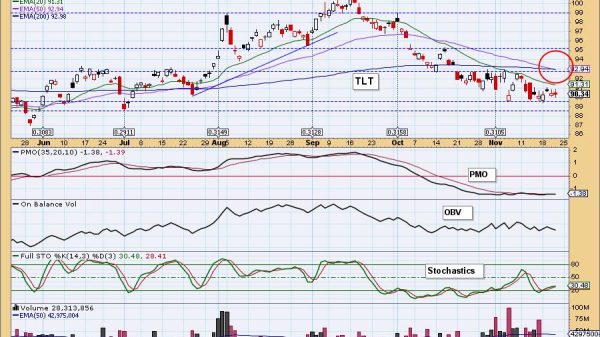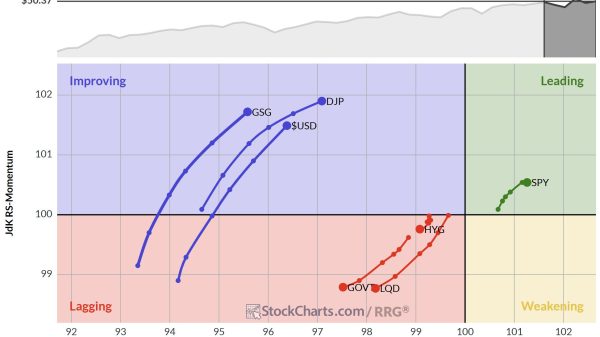Seasonal businesses often face challenges with inventory management due to changing demand and varying storage needs. Having extra inventory can make it harder to serve customers efficiently.
To succeed in a seasonal market, it’s essential to establish a solid inventory management system and use effective strategies to manage your stock throughout the year.
Forecast Inventory Needs Accurately
To forecast how much inventory you need for each season, start by looking at past sales data. Identify trends in what customers buy and when they make purchases. This will help you estimate sales for the upcoming season and allocate funds accordingly. Set aside space in your store for high-demand, low-demand, and overstock items. It’s also important to establish minimum and maximum stock levels for your essential items. This way, you can avoid running out during busy times and prevent overstocking.
Implement Efficient Inventory Tracking
Using inventory management software can make tracking stock much easier. It allows you to monitor inventory levels and get alerts when stock is running low. Consider using barcodes or RFID technology to speed up the tracking process and improve accuracy. Conduct regular inventory audits, especially before peak seasons, to check your stock levels and adjust your forecasts as needed.
Optimise Storage Space and Accessibility
A cluttered storage area can waste valuable time and increase costs. To manage this effectively, it’s important to organise your inventory with a practical approach. Start by separating seasonal items from off-season stock, ensuring that high-demand products are kept in easy-to-reach spots for quick access. This setup helps your staff locate items faster, which improves workflow and enhances customer service.
Using shelves and stackable bins is a simple way to maximise your storage space and keep everything tidy. Make sure each bin and shelf is clearly labelled so that staff can easily find what they need, cutting down on time spent searching and reducing the risk of misplaced stock.
Avoid overcrowding your main storage area by utilising business storage units, warehouse storage, or long-term storage for off-season inventory. This keeps your primary storage space clear and well-organised, making day-to-day operations smoother and more efficient. Off-site storage can be a cost-effective solution, providing room for items that aren’t immediately needed while still being accessible when the time comes to restock or rotate inventory.
Regularly reassessing your storage layout and adjusting as needed can help keep your space efficient and clutter-free. This approach ensures that your storage system adapts to changes in stock levels and demand, allowing your business to stay organised and operate at its best year-round.
Plan End-of-Season Inventory Management
At the end of the season, take time to review how your inventory performed. Look at which products were overstocked, which sold well, and which items didn’t move. This will help you optimise your orders for the next season and cut down on excess inventory costs. For items that didn’t sell, consider running promotions or sales to clear them out. Rotate any leftover stock to the front of your displays to increase visibility and chances of sale. Make sure you have practical storage solutions in place for leftover inventory so it’s easy to manage.
Key Benefits of Efficient Seasonal Inventory Management
Having a good inventory management system in place has many benefits. It can help improve cash flow and make transitions between seasons smoother. Solutions like warehousing, self-storage, and long-term storage offer the flexibility needed to handle off-season inventory effectively. By practising efficient inventory management, seasonal businesses can boost their operations, better serve customers, and increase profitability throughout the year.
Read more:
Inventory Best Practices for Seasonal Businesses
























